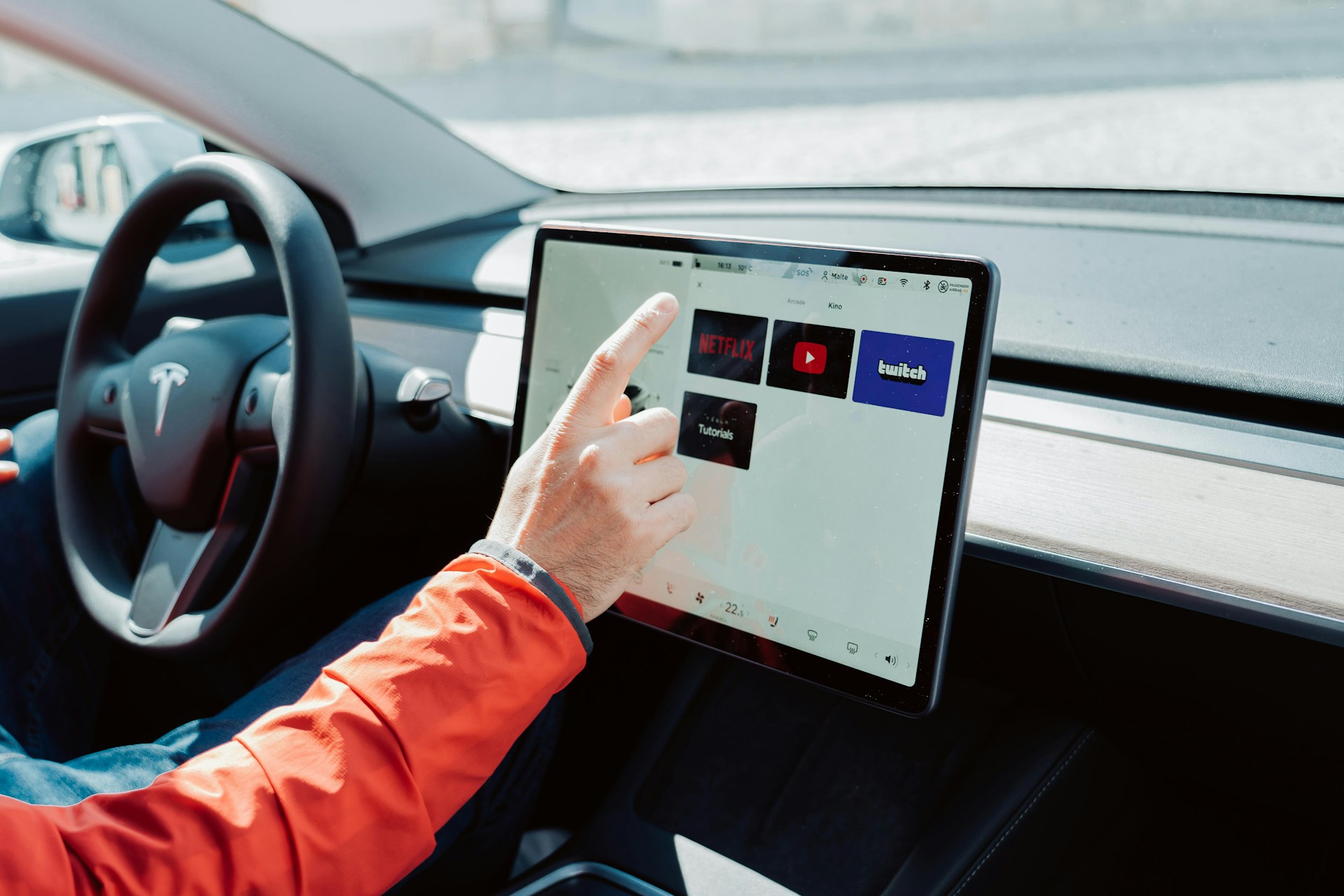 Carros ‘inteligentes’ podem estar transmitindo seus dados para seguradoras (Photo: Malte Helmhold/Unsplash)
Carros ‘inteligentes’ podem estar transmitindo seus dados para seguradoras (Photo: Malte Helmhold/Unsplash)
According to an article from The New York Times, “connected” cars may be transmitting their driving data to insurance companies without their consent.
+ Russia Releases Video of Cluster Munition Attack on Ukrainian Mi-8 and Mi-17 Helicopters
The report details how car manufacturers, such as General Motors, are sharing customers’ driving behavior with data collection companies, such as LexisNexis, which in turn sells this information to insurers.
The New York Times cited the example of a lessee of a Chevrolet Bolt EV who only found out that his driving habits were being shared with his insurer after his rates allegedly increased by 21 percent.
Kenn Dahl, 65, claimed that his insurance agent justified the price increase based on data collected by LexisNexis, which compiled a report tracking every time he and his wife drove the car over a six-month period.
According to him, the 258-page report contained information on the start and end times of their trips, distance traveled, and other data detailing possible occurrences of speeding, as well as abrupt braking and acceleration.
The report contained information about a specific trip in June that lasted 18 minutes and covered about 11 km. During the same trip, the LexisNexis report recorded two instances of rapid acceleration and two incidents of abrupt braking.
Dahl alleged he had no idea his information was being tracked and shared. “It felt like a betrayal. They’re taking information that I didn’t know would be shared and messing with our insurance,” he told The New York Times.
However, GM isn’t the only automaker collecting data via Internet connectivity and then providing it to insurers.
The article also pointed out that Subaru, Mitsubishi, Honda, Kia and Hyundai also offer drivers the option to activate similar features without them knowing that the data is being sold to brokers similar to LexisNexis.
The problem, according to the report, is the lack of transparency from car manufacturers. When a person actively agrees to have their driving habits monitored, the practice is known as “usage-based insurance”.
However, as the Times article explains, it’s becoming more common with Internet-connected cars for drivers to unknowingly agree to share their data.

